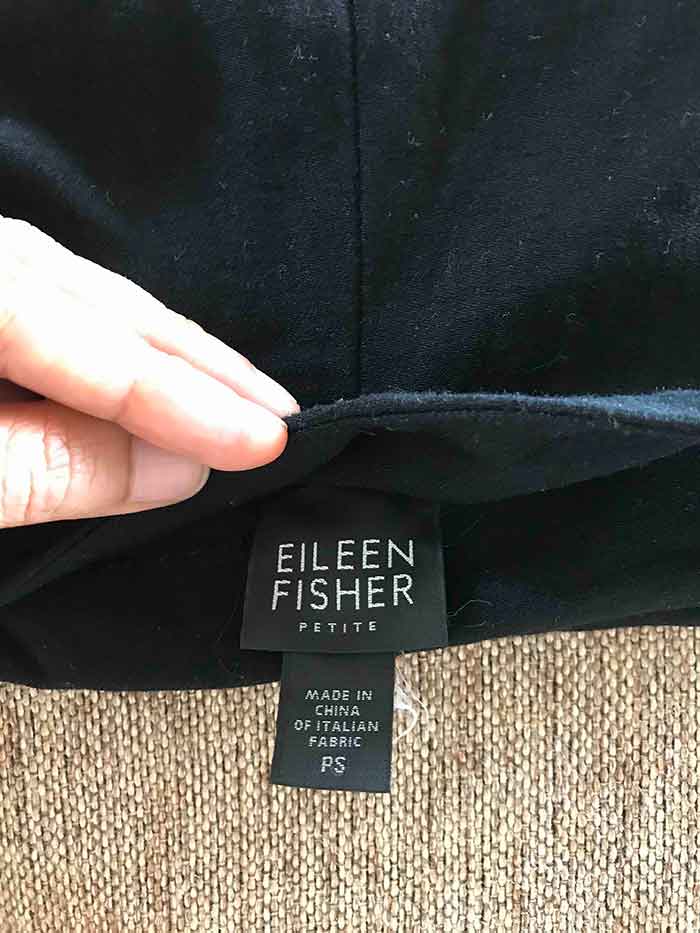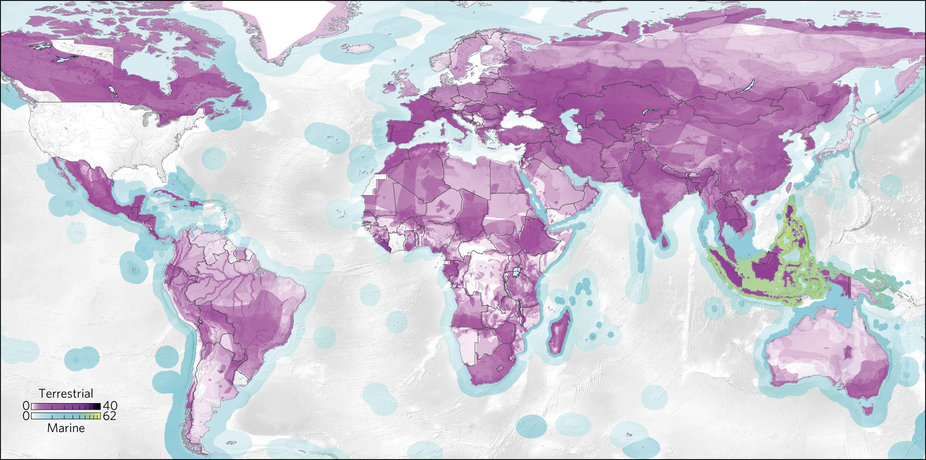
Barack Obama wore only blue and grey suits during his tenure in the White House, Mark Zuckerberg and Steve Jobs sport the same clothes day after day. When rational individuals aim at maximizing their utility, choices become imperative to maximize satisfaction and in turn to heighten ones happiness. Then, why these highly successful people restricted their choices in clothing?
Not long ago, as societies industrialized and capitalism gained popularity, ordinary citizens became consumers. Proliferation of commodities became the symbol of progress and consumer culture thrived, constantly bombarding us with a plethora of choices. Soon, super markets became overloaded with myriad choices for every commodity that existed on their shelves. This vast array of choices aimed at providing a bespoke experience to every consumer, implying greater levels of satisfaction. Ordinarily, choices are symbolic of freedom and privileged life, ironically over time power of choice has become the paradox of choice due to explosion of choices.
How much choice is optimum? Are 31 flavors at Baskin Robins desirable or Starbucks brimming at 80,000 variations of coffee ideal- if this is not enough, we also have 1,161 different kinds of toilet brushes being sold at Amazon (Jane Porter), 13 different varieties of aluminum foil and 228 varieties of air fresheners at Tesco – do we really need so much choice?
Abundance of choices is not limited to supermarkets alone, entertainment industry has been taken over by companies like Netflix, Amazon Prime –choosing from their several categories, after hours of watching movie trailers, often culminates into a bewildering experience.
Even online dating has become a victim of ‘choice overload’- with thousands of potential partners to choose from – a right or left click makes all the difference. It is not the lack of commitment but rather lack of decision that hinders the prospects of a fulfilling relationship.
As Barry Schwartz, author of ‘Paradox of Choice’ suggests – after millions of years of survival based on simple distinctions, it may simply be that we are biologically unprepared for the number of choices we face in the modern world. Studies also point, the inability of humans to comprehend vast amounts of information overload. Explosion of choices overwhelm us, as too many options become counterproductive leading to frustration, exhaustion, regret about lost opportunities and unrealistically high expectations.
In simpler times when product choices were less, happiness and satisfaction levels were still high. Now, as people lead busier lives, time restrictions, often require fast or instant decisions. As options get complicated, we waste time in deliberation and tend to lose patience resulting in wrong choices and eventually self – blame. Choosing from gargantuan choices, often turns shopping into a head spinning experience. No matter, how prudent your choice is, the next best alternative lost will surely deduct your happiness-this being more peculiar in food choices. Economists, refer this as ‘opportunity cost’ and social scientists as ‘Buyer’s Remorse’.
‘Choice overload is even more debilitating when multiple options are only slightly different from each other’ – argues Alvin Toffler in his book ‘Future Shock’- describing the inability of humans to cope with rampant changes in society. Actually, more options are false choices or apparent choices, making distinctions difficult, resulting in decision fatigue.
Barry Schwarz, in his pioneering Ted Talk -shares his experience of buying a pair of jeans, he was expected to choose from slim fit, easy fit, relaxed fit, button fly, zipper fly, stone wash, acid wash-distressed-tapered-boot cut… After spending almost an hour on trying various kinds-he finally managed to find one of his best fits. Rather than feeling happy, he felt worse. Due to such a wide variety of choices – his expectations were raised, what he found was good and not perfect, which made him feel miserable.
Abundance of choices produces choice paralysis rather than liberation. Moreover, due to availability of options, even simple tasks are given unnecessary importance adding on to decision fatigue.
The seminal, Hick-Hyman Law states, more stimuli (or choice) users face, more time they take to make decisions, no wonder we are procrastinating like never before. More so, this completely goes against the marketing strategies of retail industry, especially in present times of e commerce boom.
In a famous ‘Jam experiment’ psychologist Sheena Iyengar and Mark Lepper from Columbia and Stanford University, set up a free display table, at California gourmet market, and presented customers alternatively, with 6 or 24 flavors of jam. They found that in case of 6 options 30% people made the purchase as compared to only 3% purchases when 24 options were given. They concluded that though larger display seems more appealing but overload of choices leads to wrong results and less sales.
In another experiment, Procter &Gamble, observed a 10% jump in revenue when choices for any given product were decreased. British multinational grocery store Tesco (The Guardian,2015), decided to cut down 30% of its 90,000 product options, to make shopping less baffling, especially 28 kind of sauces and 228 air fresheners, as German low choice supermarket, Aldi reported higher sales, selling only one kind of ketchup in one size and only 11 varieties of fresheners.
‘People don’t make decisions based on what’s important, but based on what is easier to evaluate’ – Barry Schwartz
In daily life, cutting your choices, improves decision making abilities, saves time and energy, which can be utilized for more crucial decisions. Barack Obama in an interview to Vanity Fair (2012) commented ‘I’m trying to pare down decisions. I don’t want to make decisions about what I’m eating or wearing. Because I have too many other decisions to make’…. “you need to focus your decision making energy. You need to routinize yourself. You can’t be distracted by trivia”.
British psychologist Hick’s, widely adopted design principle, K.I.S.S. –Keep it short and simple, is the key to simplicity and to escape choice paralysis. Limiting your choices is the only way to overcome choice overload. Letting yourself decide which choices need to be over looked and which choices are vital is the most important choice one needs to make.
Dr Harleen Shergill PhD in Economics, Freelance author and researcher.
GET COUNTERCURRENTS DAILY NEWSLETTER STRAIGHT TO YOUR INBOX














































